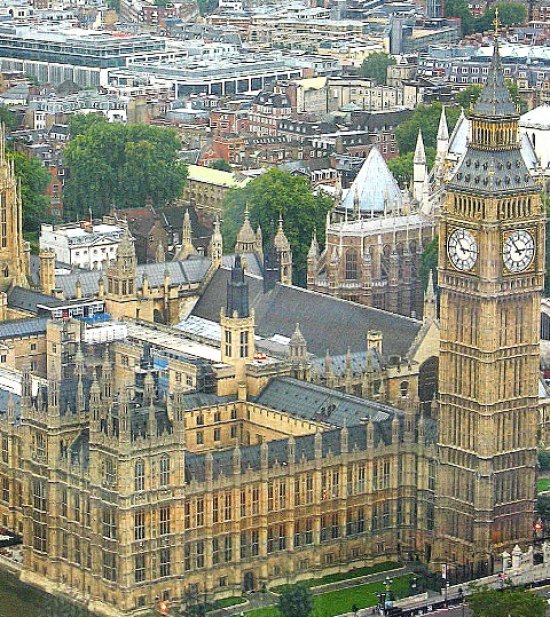As the Housing and Planning Bill completes its Committee Stage and enters the Report Stage in the House of Lords, we look at the latest amendments to the Bill.

The government flagship starter home scheme, which proposes to make one in five properties in new developments available to first-time buyers under 40 at a 20% discount, has come under scrutiny and the government has lost votes on two significant amendments to the starter homes provisions, as well as on plans to sell-off council properties.
1) Repayment of 20% discount on sliding scale
An amendment was passed which requires repayment of the 20% discount on a sliding scale if the property is sold during the first 20 years. Originally, starter home buyers would have been able to sell the home at full value after five years. It was argued that the 20% discount should not constitute a grant that first-time buyers can pocket upon sale of their property for full market value (potentially leading to inflationary prices and unfairness for those not eligible for, or unable to afford, starter homes).
The discount would instead be returned to the government so that it could continue to fund the provision of affordable housing.
The amendment was said to help moderate the generosity of the scheme and reduce potential resentment among new buyers who would not benefit.
2) Removal of requirement for set proportion of affordable housing on developments
Peers also backed a move to let councils decide on the proportion of starter homes on new developments. Originally, the Bill had proposed to force local authorities to require a set proportion of starter homes on development sites (20% on larger sites).
The amendment would remove this specified requirement and instead provide that a local authority may only grant planning permission for a residential development having had regard to the provision of starter homes based on its own assessment of local housing need and viability.
It was said that the aim of the amendment was to make the bill fairer and make it a matter for local authorities to decide, depending on the part of the country and the incomes in the area.
The government also agreed to the insertion of a lower age limit in the eligibility criteria for starter homes, so that purchasers need to be aged between 23 to 39 (inclusive) to qualify. It was also reported to the House that the government had accepted an amendment giving local authorities discretion to exclude rural exception sites from the need to provider starter homes.
3) Local authorities no longer required to give proceeds of council houses sales to Treasury
The Bill requires that local authorities sell off higher-value council properties in their area to fund the extension of the discounted right-to-buy to tenants of social housing. But now, under an amendment to the Bill, Ministers will have to seek parliamentary approval before they can make any changes to these rules.
We will continue to monitor the progress of the Planning and Housing Bill as it completes the Report Stage and reaches its Third Reading and Royal Assent in the Spring/Summer of 2016.
For further information or to discuss your planning requirements, please contact David Jones.
